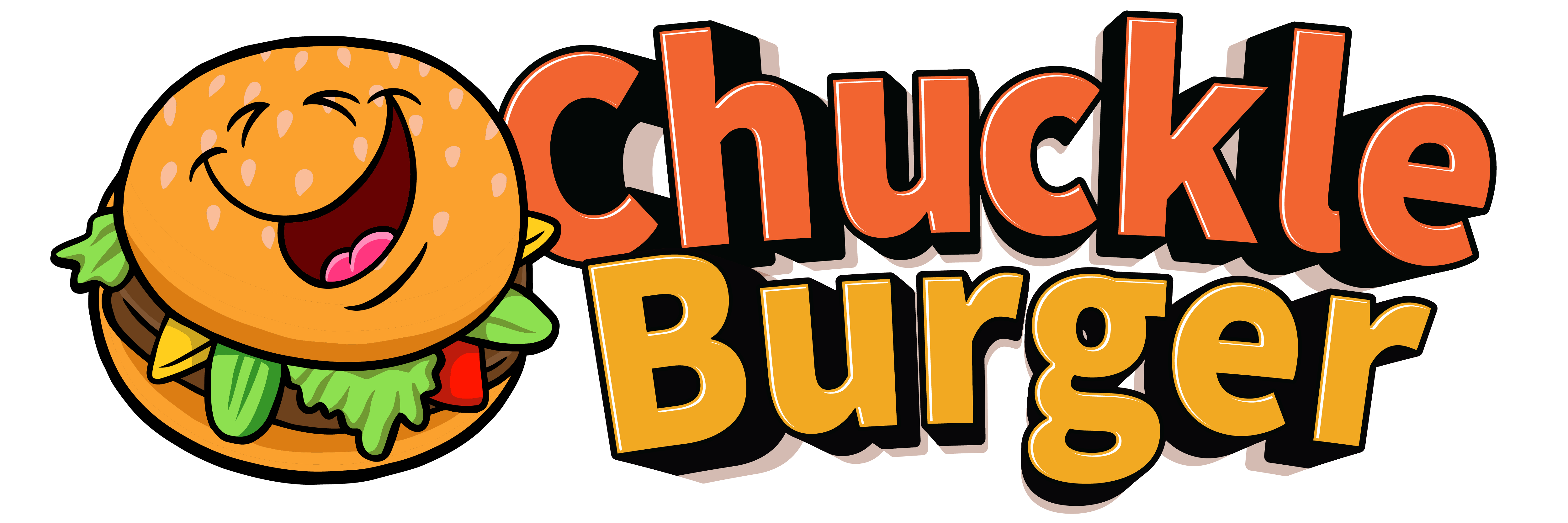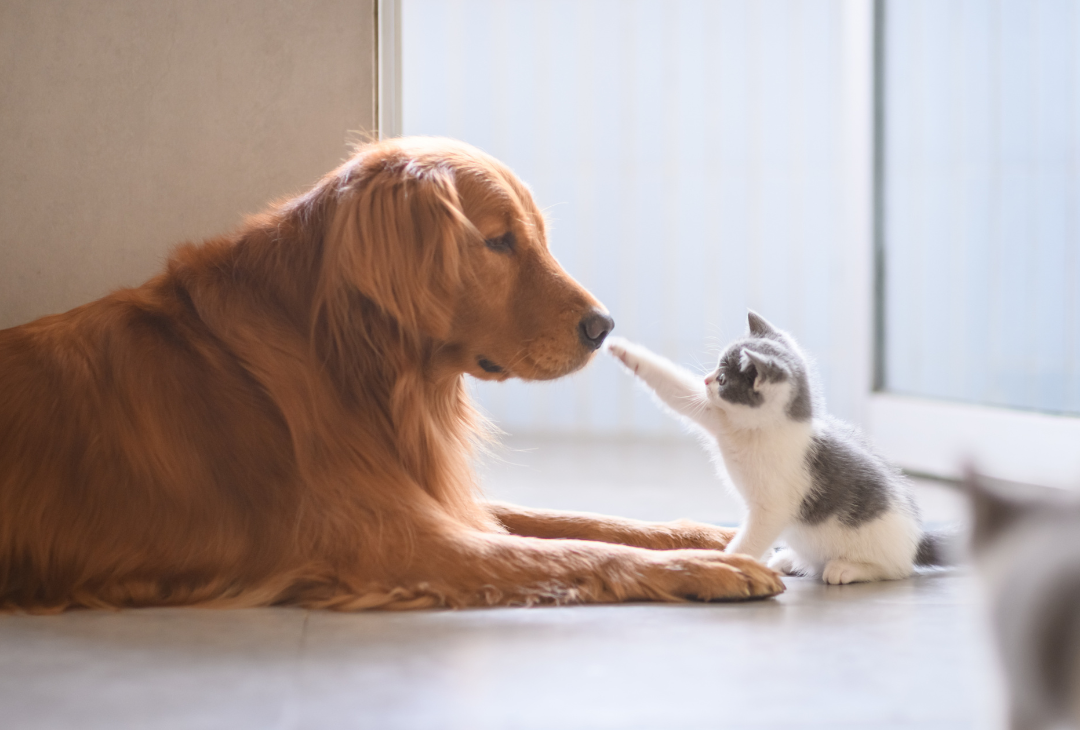24 Harmful Foods For Pets: As pet owners, we all love to share our food with our furry friends, but it’s important to be aware that some of the foods we enjoy can be harmful or even fatal to our pets. Many common household foods that are perfectly safe for humans can be toxic to pets, causing symptoms ranging from mild digestive upset to life-threatening conditions. By knowing which foods to avoid and keeping them out of reach of pets, we can help keep our beloved companions healthy and safe.
1. Chocolate – contains theobromine and caffeine, which can cause vomiting, diarrhea, seizures, and even death in dogs and cats. The darker the chocolate, the more toxic it is. Most everyone knows about this being one of the worst harmful foods for pets.

2. Grapes and raisins – can cause kidney failure in dogs. Symptoms include vomiting, diarrhea, lethargy, and dehydration. Even a small amount can be harmful.

3. Onions and garlic – contain compounds that can damage a pet’s red blood cells and cause anemia. Symptoms include weakness, pale gums, and lethargy.
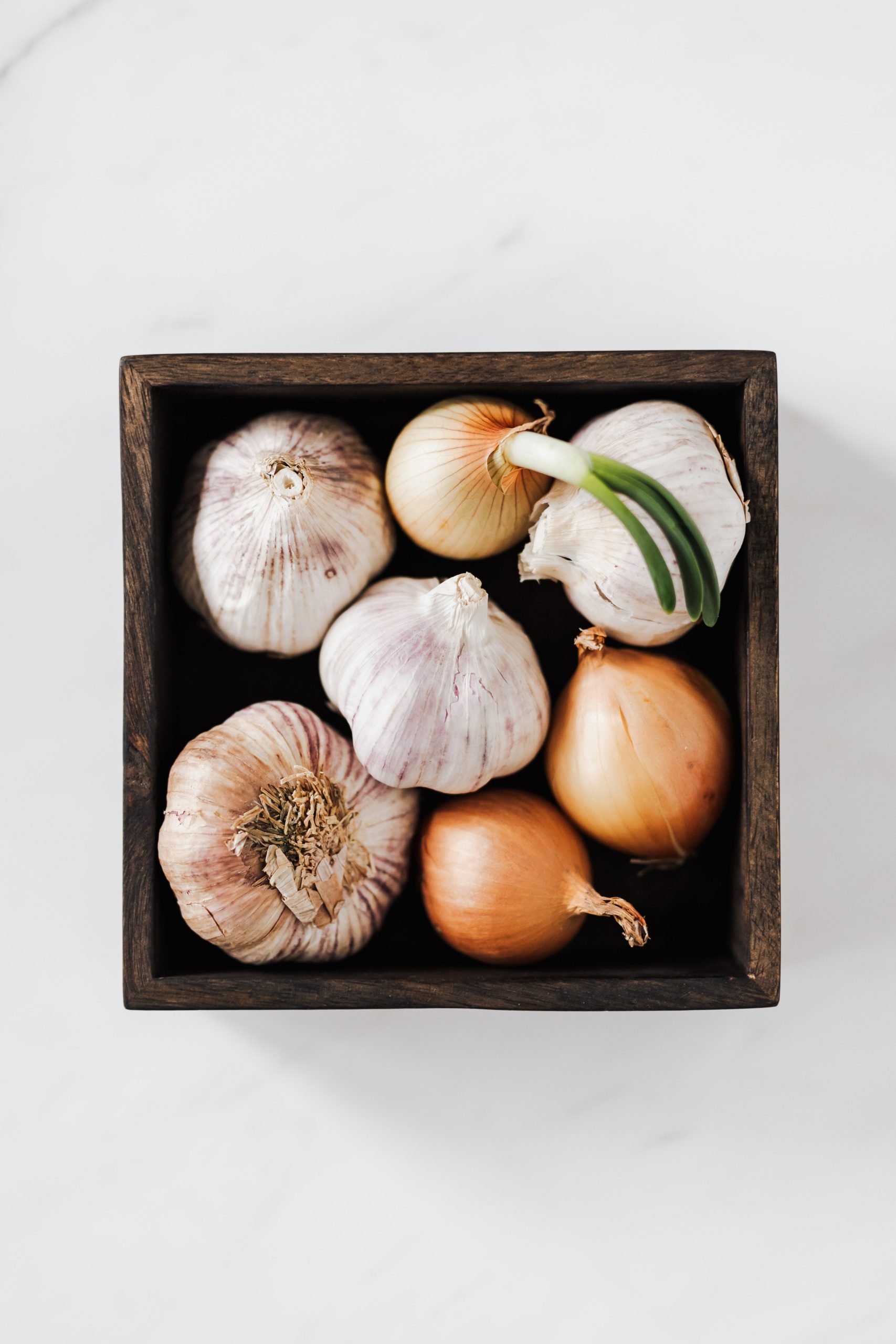
4. Avocado – contains persin, which can cause vomiting and diarrhea in dogs and cats. The pit and skin are also a choking hazard.
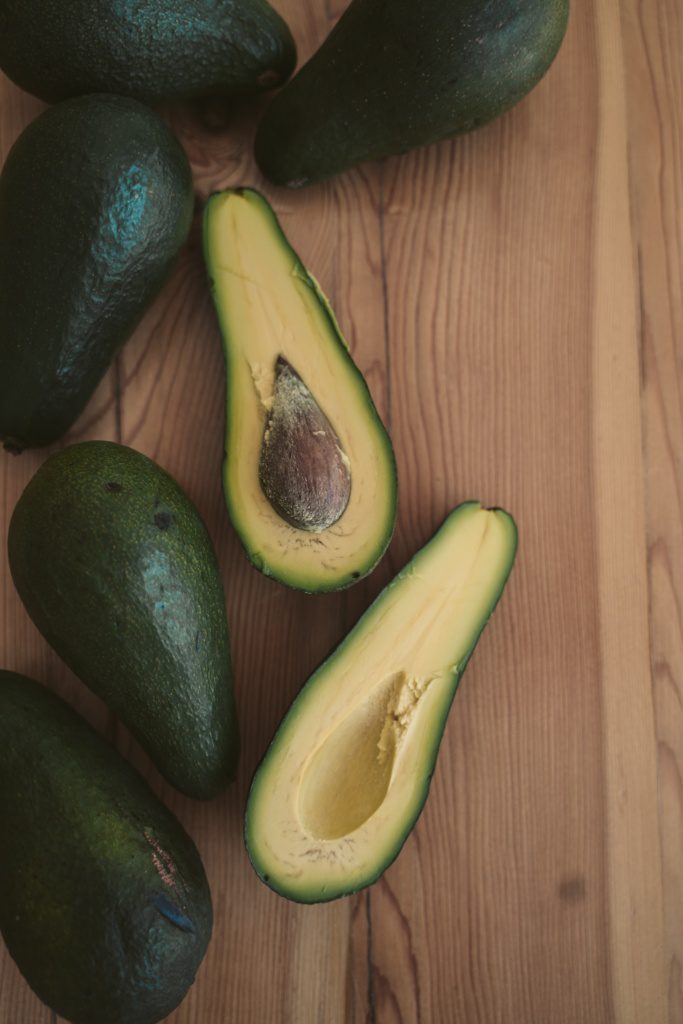
5. Alcohol – can cause vomiting, diarrhea, breathing difficulties, coma, and even death in pets. Even small amounts can be toxic, and pets should never be given alcohol intentionally.

6. Macadamia nuts – can cause vomiting, tremors, hyperthermia, and other symptoms in dogs. The exact mechanism of toxicity is unknown, but even a small amount can cause symptoms.
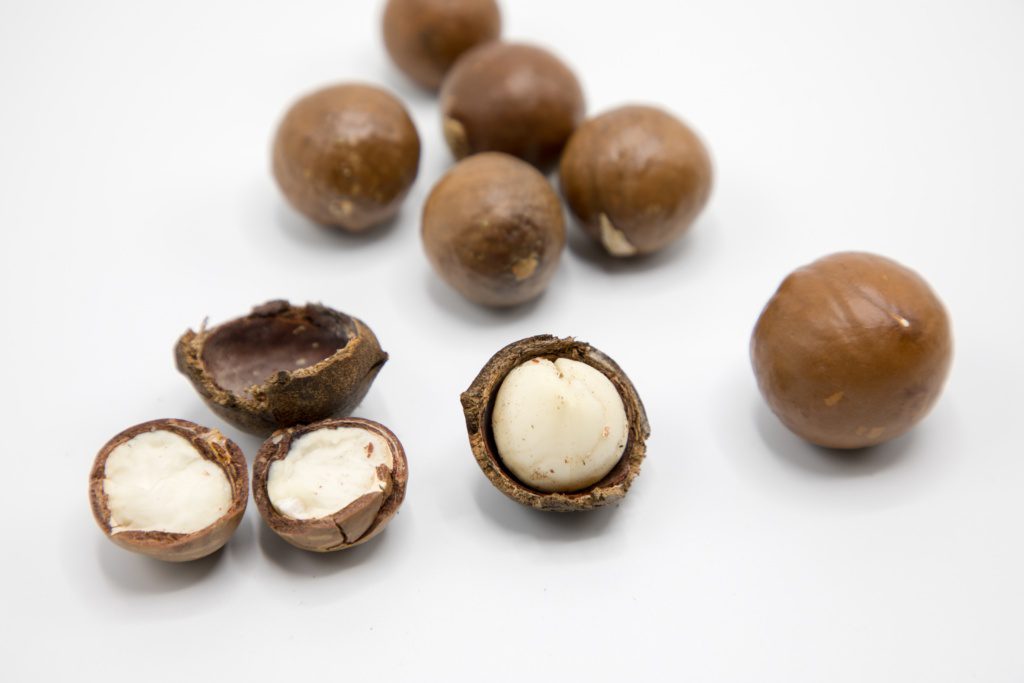
7. Xylitol – a sugar substitute found in many candies and gums, can cause insulin release and hypoglycemia in dogs, which can be life-threatening. It can also lead to liver failure in some cases.
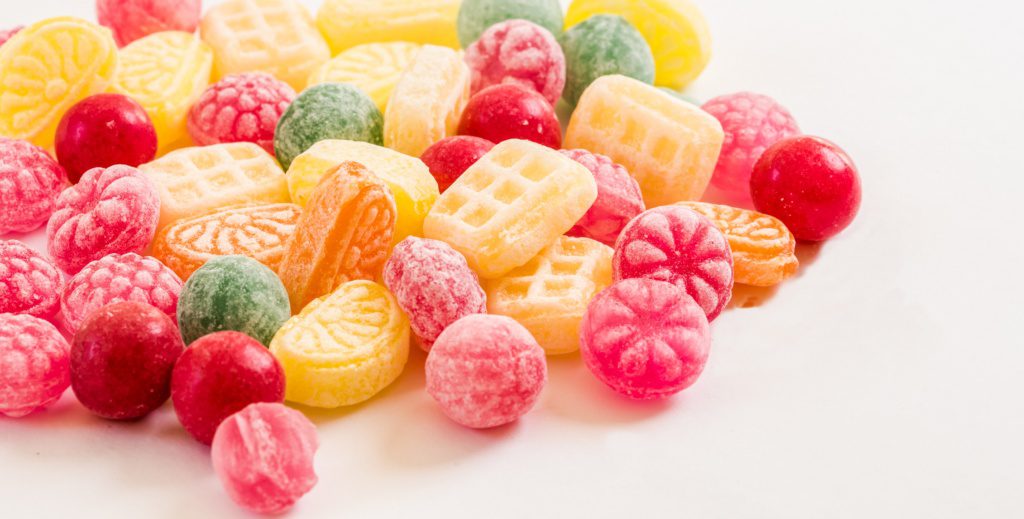
8. Coffee and caffeine – can cause restlessness, rapid breathing, heart palpitations, muscle tremors, and seizures in pets. Even a small amount can be harmful.

9. Cooked bones – can splinter and cause blockages or perforations in a pet’s digestive system. They can also cause dental problems.
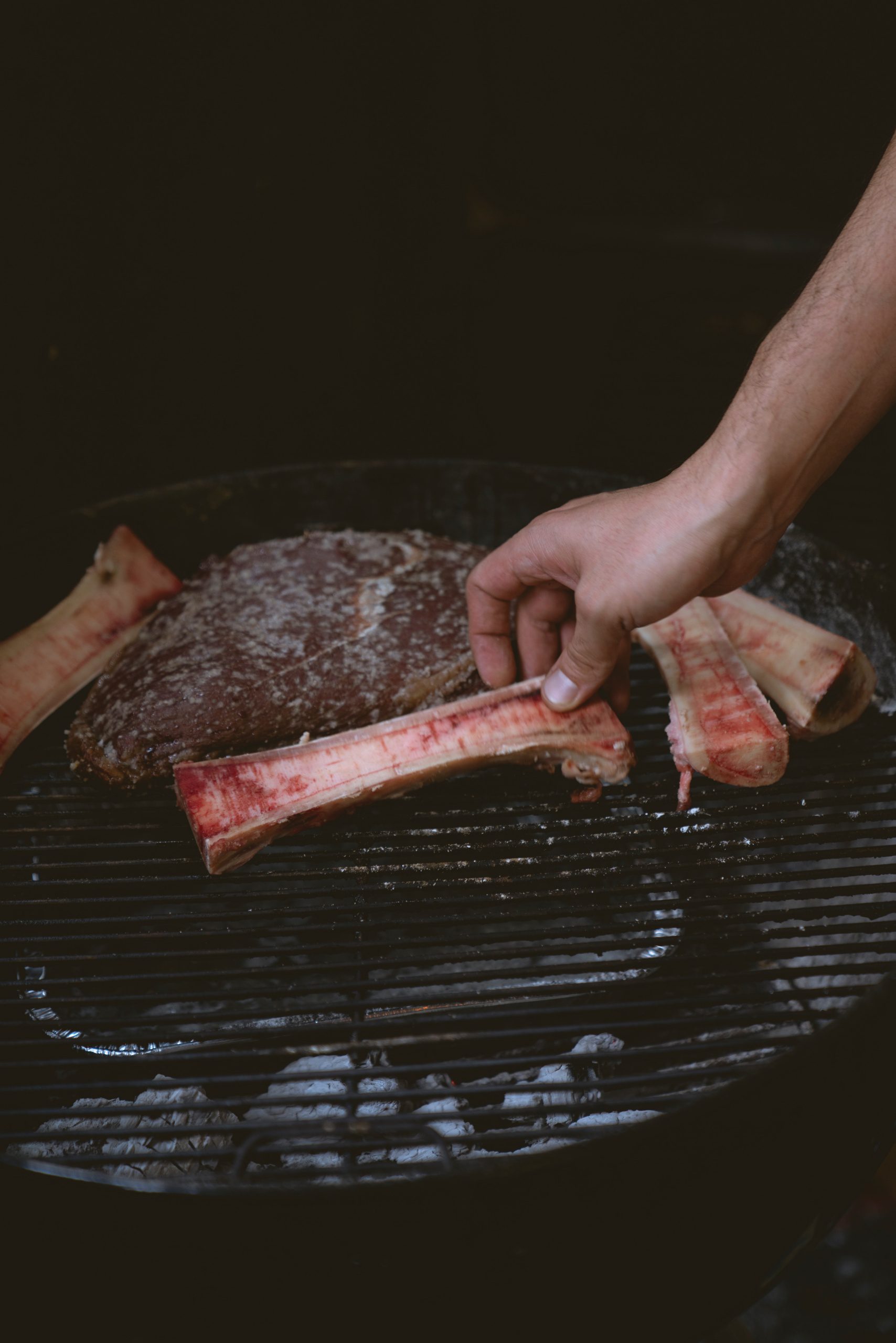
10. Raw eggs – can lead to salmonella poisoning in dogs. Symptoms include vomiting, diarrhea, and lethargy.
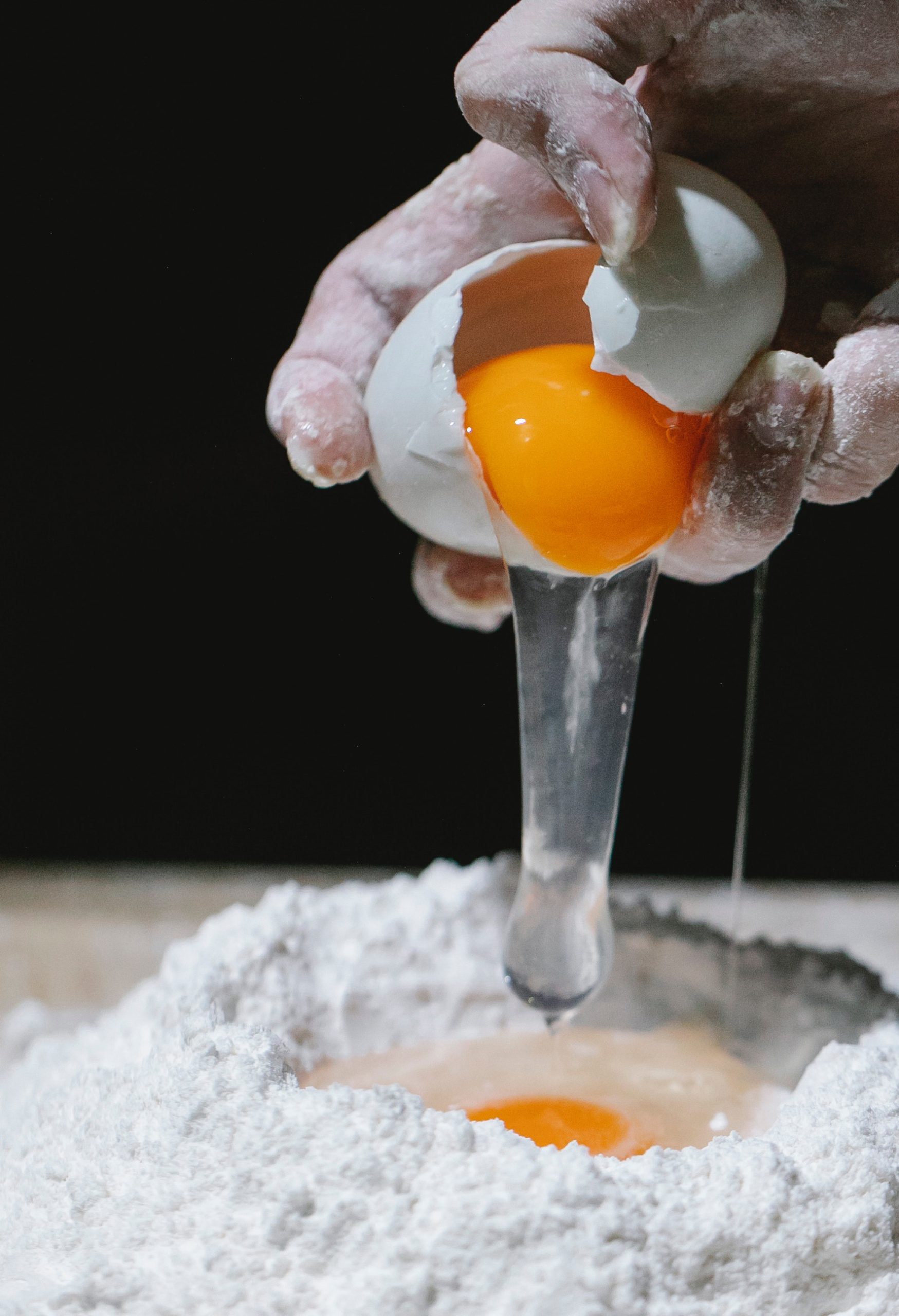
11. Milk and dairy products – many pets are lactose intolerant and can develop gastrointestinal problems from consuming these products. Symptoms include vomiting, diarrhea, and gas.
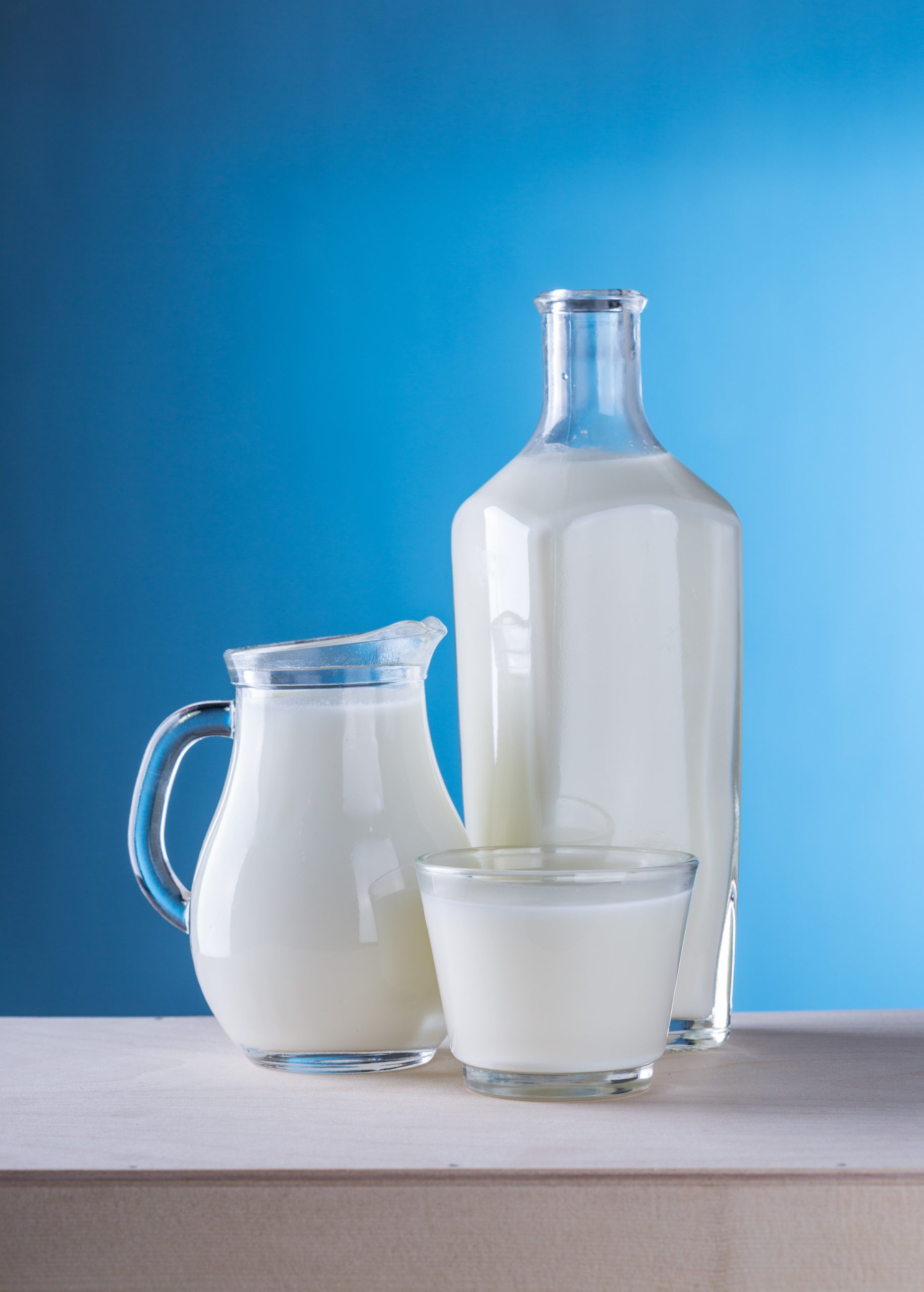
12. Salt – can cause excessive thirst, urination, and sodium ion poisoning in pets. Symptoms include vomiting, diarrhea, lethargy, and seizures.
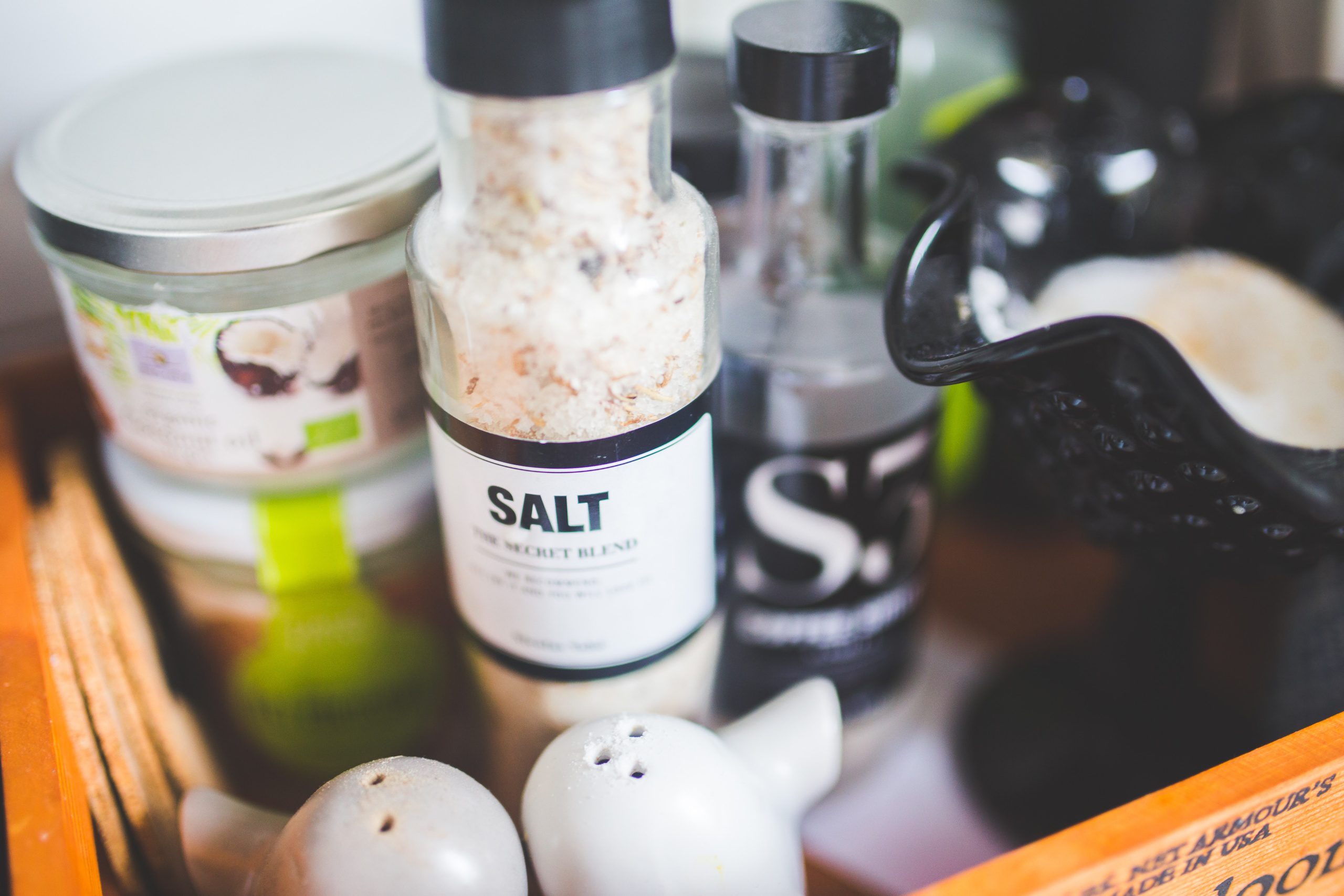
13. Yeast dough – can expand and cause gas to accumulate in a pet’s digestive system, leading to bloating and possible rupture of the stomach or intestines. Symptoms include abdominal pain, vomiting, and bloating.

14. Tuna – in large quantities, can lead to mercury poisoning in cats. Symptoms include loss of appetite, lethargy, and tremors.
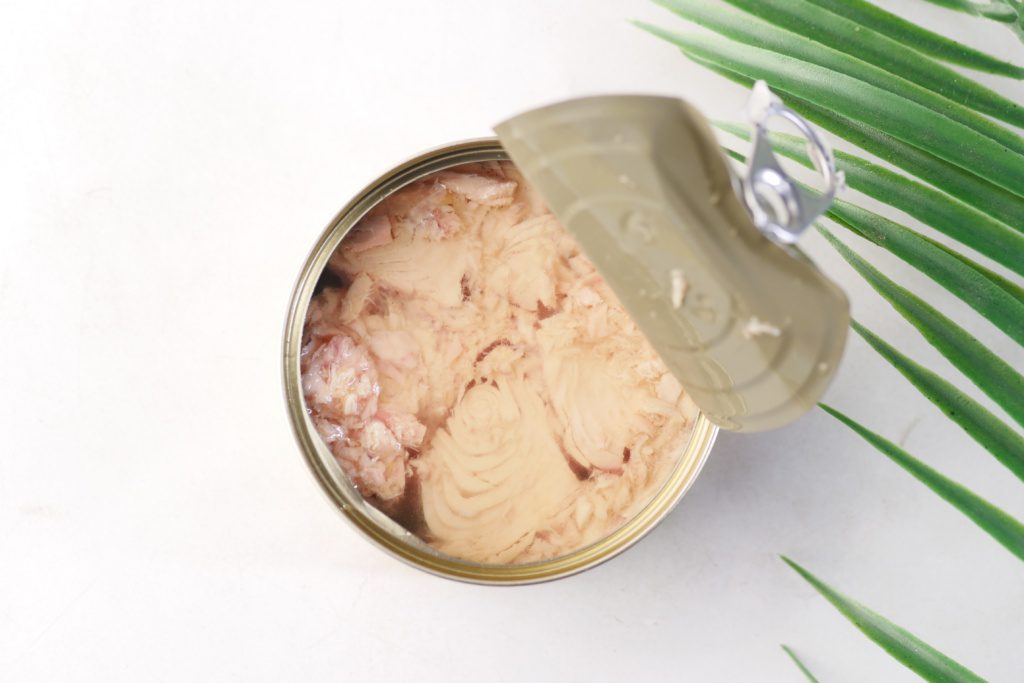
15. Marijuana – can cause lethargy, depression, vomiting, and even coma in pets. In severe cases, it can lead to respiratory failure and death.
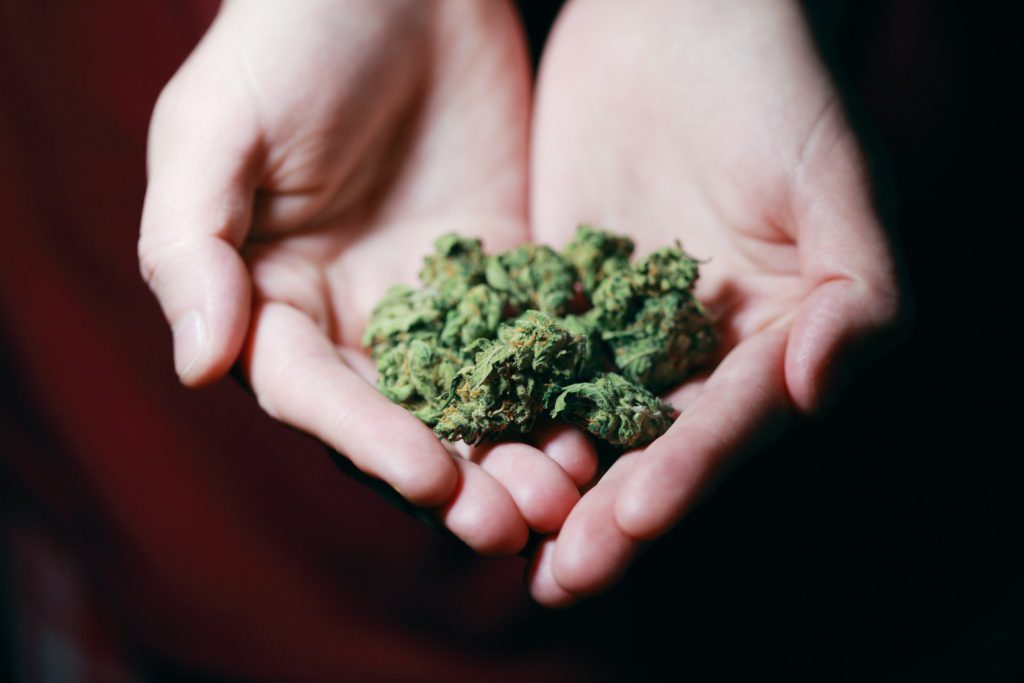
16. Citrus fruits – can cause irritation to a pet’s digestive system and lead to vomiting and diarrhea. The oils in citrus fruits can also cause stomach upset and drooling.

17. Cooked fat from meat – can cause vomiting, diarrhea, and pancreatitis in pets. Symptoms of pancreatitis include vomiting, diarrhea, and abdominal pain.
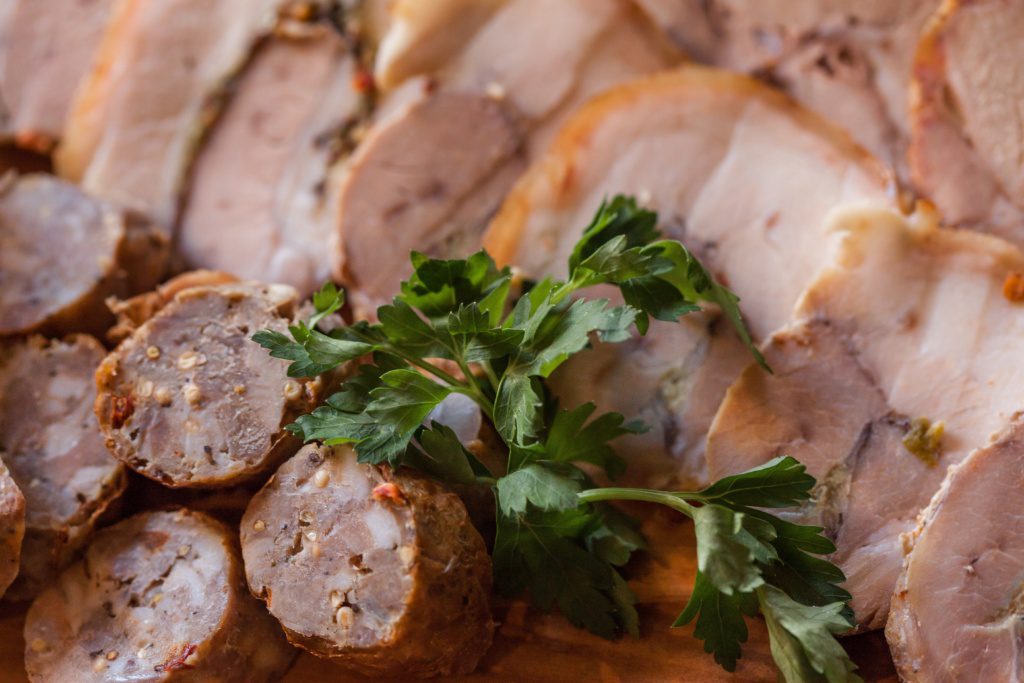
18. Baby food – some varieties contain onion powder, which can be harmful to pets. It can cause anemia, weakness, and lethargy.
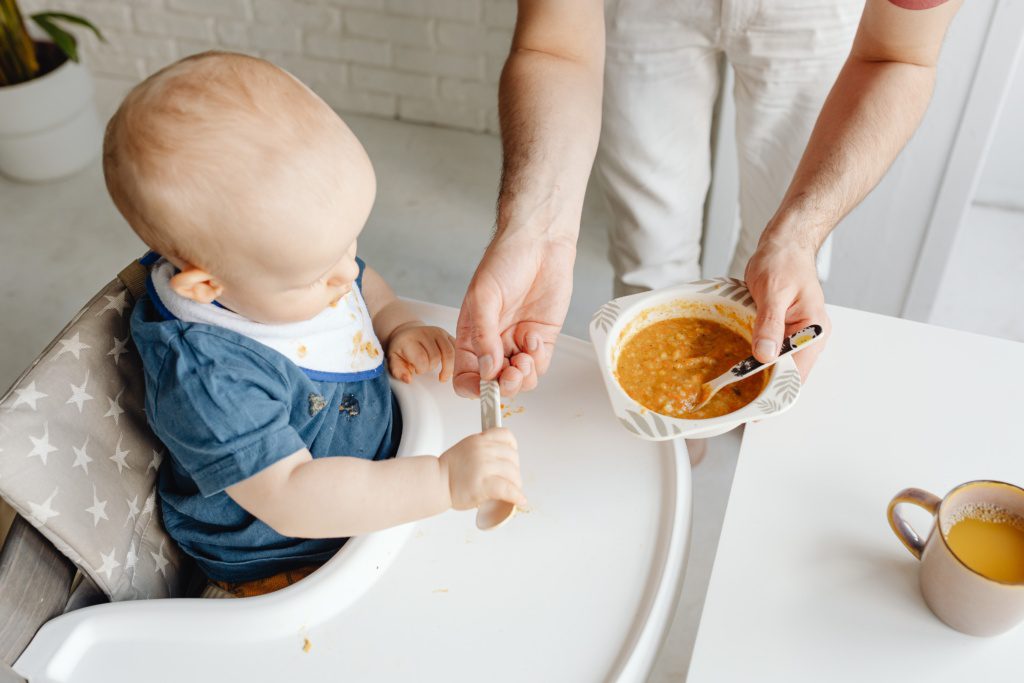
19. Mushrooms – some varieties can be toxic to pets and cause vomiting, diarrhea, liver damage, or even death. Symptoms may not appear for several hours or days.
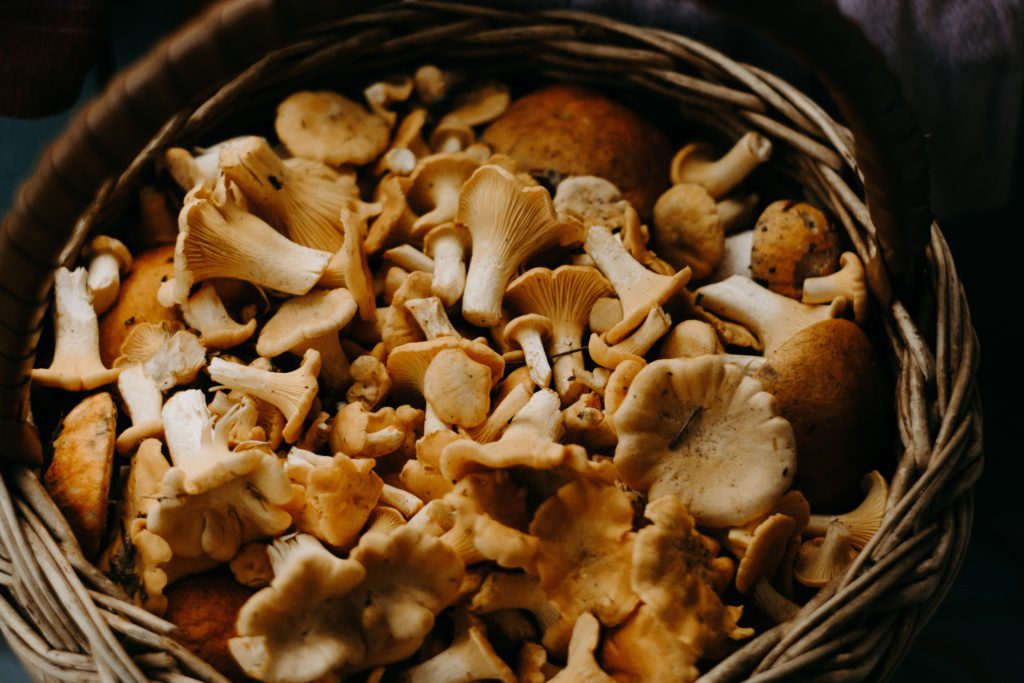
20. Nutmeg – can cause tremors, seizures, and central nervous system problems in pets. It can also cause hallucinations, disorientation, and increased heart rate.
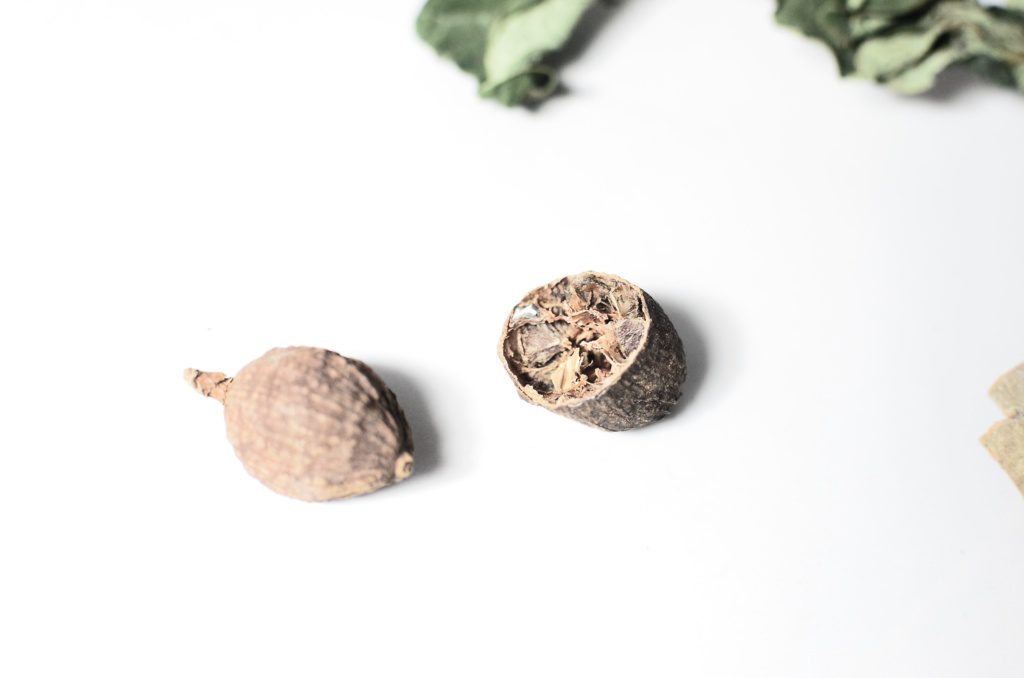
21. Apple seeds – contain cyanide, which can be toxic to pets if ingested in large quantities. While a small amount of apple seeds is unlikely to cause harm, it’s best to avoid giving them to pets altogether.
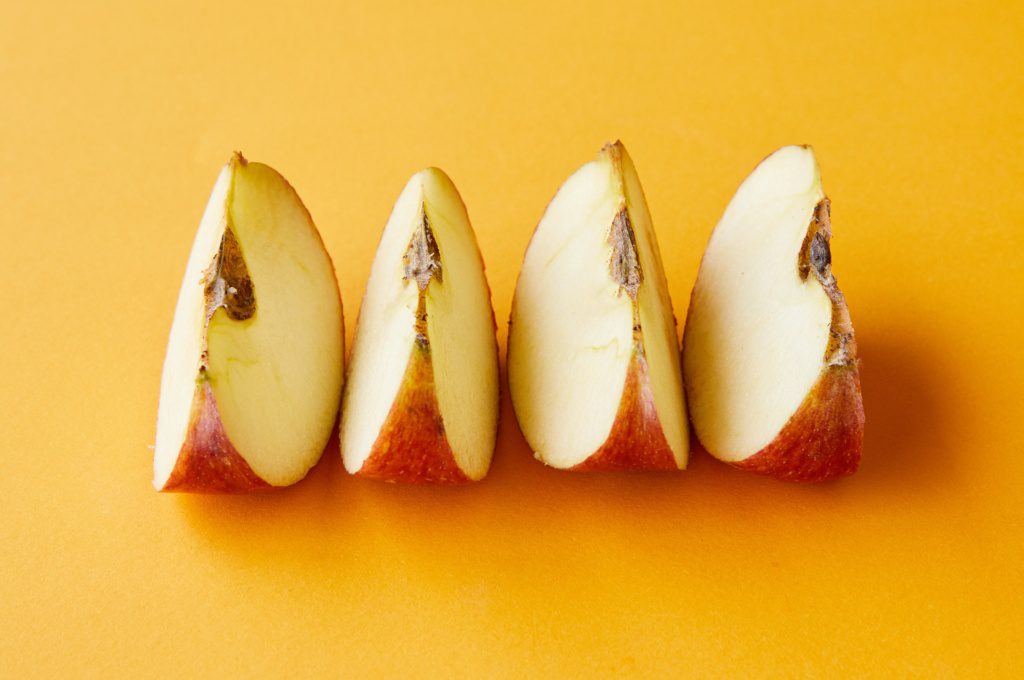
22. Rhubarb – contains oxalic acid, which can be harmful to pets if ingested in large amounts. It can cause kidney damage, seizures, and even death.

23. Tomatoes – while the ripe fruit itself is generally safe for pets, the leaves and stems contain solanine, which can cause gastrointestinal upset, weakness, and depression in pets.
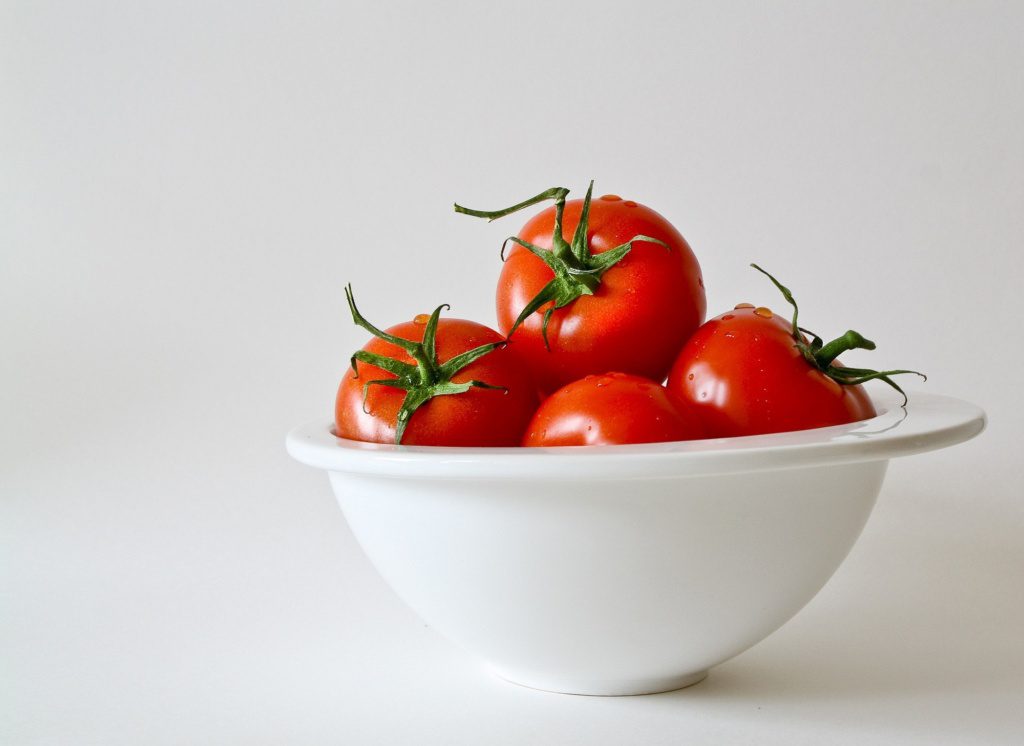
24. Chewing gum – many sugar-free gums contain xylitol, which can be toxic to pets. Ingesting even a small amount can cause hypoglycemia and liver failure.

As a pet owner, it’s our responsibility to make sure that our pets are not exposed to foods that could be harmful to them. While the list of foods that are bad for pets may seem daunting, with a little knowledge and common sense, we can keep our pets healthy and safe. If you suspect that your pet has ingested a harmful substance, don’t hesitate to contact your veterinarian immediately. Remember, early intervention can make all the difference in your pet’s recovery.
